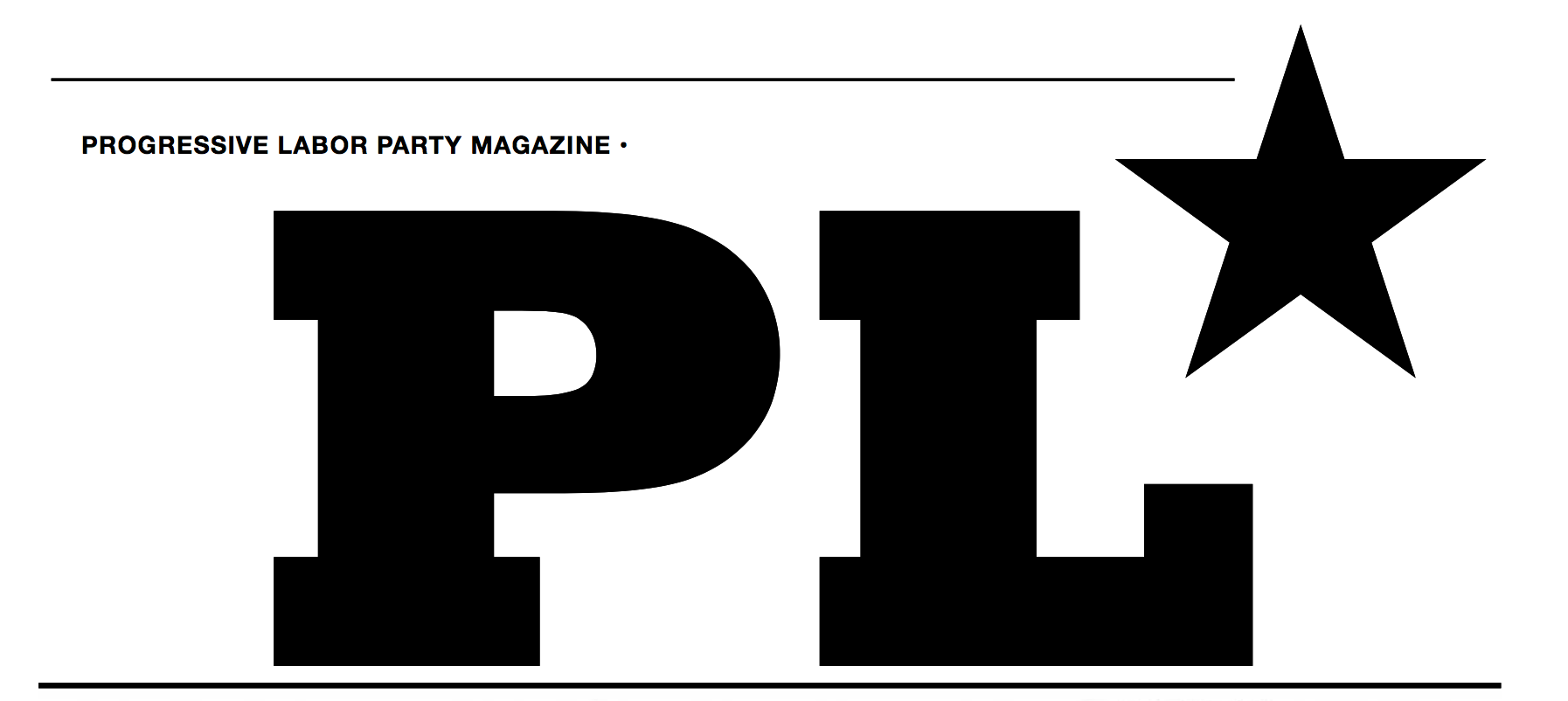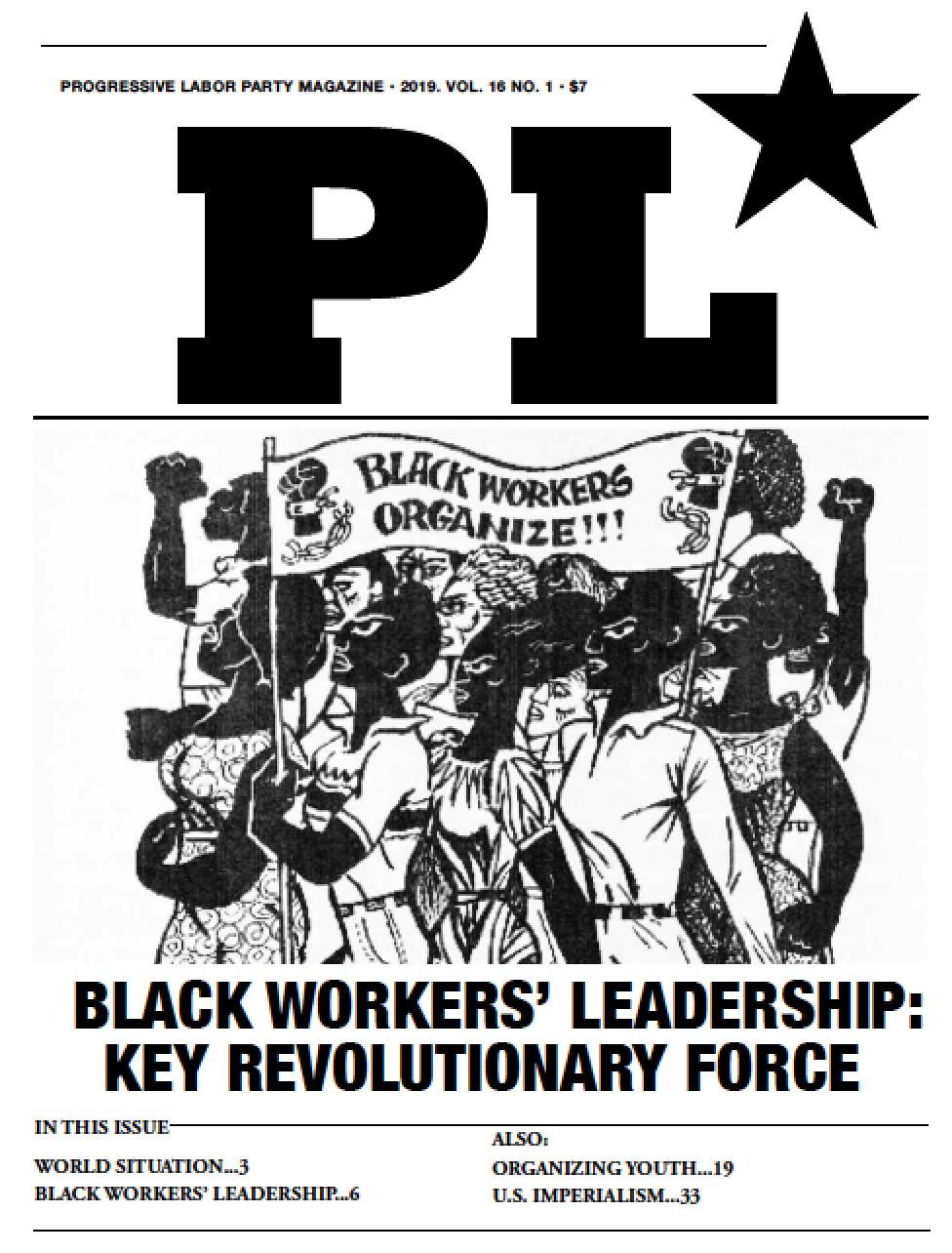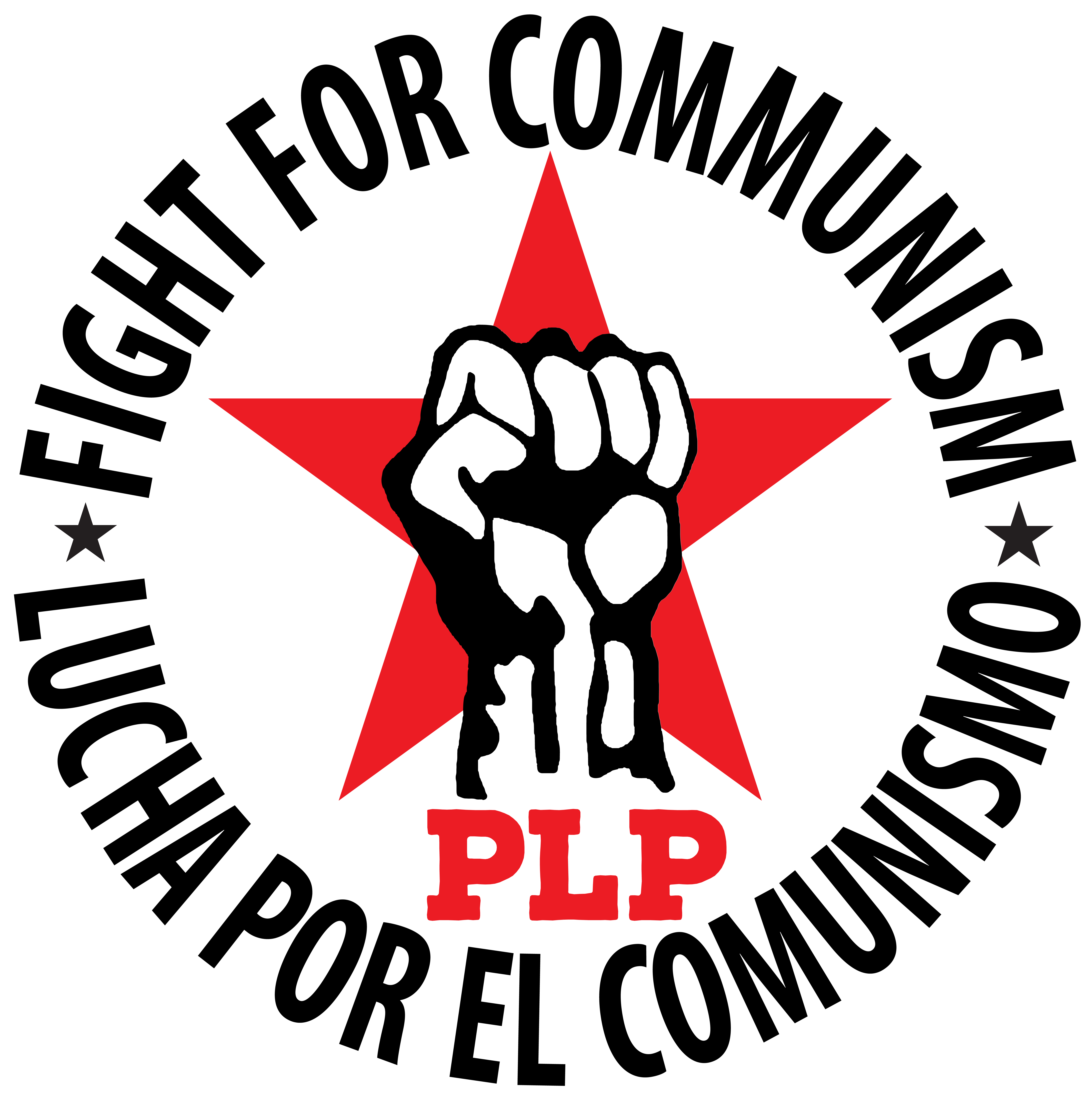Zimbabwe Aligns with China, ‘Revolutionary’ Nationalism Fails Workers
 Friday, December 8, 2017 at 12:47PM
Friday, December 8, 2017 at 12:47PM On November 24 Emmerson Mnangagwa, former vice president of Zimbabwe was named president, bookending national turmoil that began when former president Robert Mugabe fired Mnangagwa, triggering a military takeover, protests in support of Mnangagwa, and Mugabe’s own ousting by coup d’etat.
While a result of in-fighting within the ruling class of Zimbabwe, this is also a sign of China’s growing investment in Africa and the strengthening of their role as leading imperialist power.
China is Zimbabwe’s fourth largest trading partner and its largest source of investment, buying 28 percent of its exports in 2015 and a making a promise of five-billion-dollars in direct aid and investment from Chinese president Xi Jinping, who has called Zimbabwe an “all-weather friend” (BBC 11/20).
Nationalism Will Always Fail The Working Class
In the 1960s, Mugabe joined the African nationalist struggle in Southern Rhodesia (now Zimbabwe) under the leadership of Joshua Nkomo and the National Democratic Party. Mugabe soon grew impatient with Nkomo’s tactics.
Mugabe broke from Nkomo and formed the Zimbabwe African National Union, which organized a guerrilla struggle against the apartheid regime of Ian Smith, which had the support of powerful U.S. officials, including Dean Acheson and Richard Nixon. After being imprisoned along with 11 allies, Mugabe became the voice of the guerrilla movement against the Rhodesian racist government.
In 1979, however, rather than aligning with the Soviet Union, Mugabe rejoined Mr. Nkomo under pressure from African rulers and comfortably sat in the pocket of the British in order to establish the state of Zimbabwe (NYT 11/15). Mugabe became president of Zimbabwe in 1980 and remained in power until recently.
Often touted as a Marxist-Leninist, Mugabe is actually a capitalist leader. Given the opportunity to choose between workers revolution and nationalism, he chose nationalism and the interest of the imperialist ruling class, allowing multinational corporations to loot Zimbabwe’s rich resources of gold, copper, diamonds, platinum and other raw materials, enriching Mugabe and his friends, but leaving ordinary people poor and with a suspected unemployment rate as high as 90 percent (BBC 11/19).
Mugabe has ruled with an iron fist. In the 1980s, in a series of massacres known as the Gukurahundi, he sent in the national army to kill 20,000 Ndebele civilians suspected of being supporters of Joshua Nkomo, Mugabe’s political rival. (The Guardian 5/19/15).
Zimbabwe Welcomes Chinese Imperialism
During Mugabe’s fight against the Rhodesian government, he turned to Beijing to support his Zimbabwe African National Union. In 1980 Zimbabwe and China formally established their diplomatic relations, a pivotal year in China’s cultural and political history.
Following the death of Mao Zedong in 1976, China gave way to a generation that felt no connection to the Great Leap Forward of 1958 or the Cultural Revolution of the 60s and 70s (Pew Research 11/12/15).
The 1980s marked the establishment of China and Zimbabwe as states for the ruling class, not workers. A crushing blow to those who thought a widespread communist revolution was just around the corner in the 1960s.
“According to Professor Wang Xinsong, a specialist in international development at Beijing Normal University…China has been monitoring infighting within the Mugabe regime and the country’s faltering economy for some time – and carefully weighing its options” (The Guardian 11/17).
According to The Guardian (11/17) Mnangagwa is widely believed to be behind the coup against Mugabe. He has historically allied with the Chinese, receiving ideological and military training in Beijing and Nanjing.
Just days before the military take-over in Zimbabwe and the ousting of Mugabe, General Constantino Chiwenga, Zimbabwean army general and Commander of the Zimbabwe Defense Forces, visited China – a coincidence that has not gone unnoticed by the ruling class media, which has also noticed that the Chinese have yet to publicly condemn Mugabe’s removal.
On The Brink Of World War?
If China was instrumental in the military’s ousting of Mugabe, this would be the first example of its covert involvement in a military coup d’etat and a sign of China’s growing global power. (The Guardian 11/17). As the U.S. continues to slip in its rivalry with China, the world moves closer to another world war.
An alternative explanation is that Mnangagwa’s seizure of power may just be a sign of international instability allowing smaller powers to make internal moves without large allied forces to stop them, a period strikingly similar to that just before WWI.
“[This period] looks ominously like another moment in history — the period leading up to World War I, which marked the end of a multi-decade expansion in global ties that many call the first era of globalization” (The Washington Post 12/29/16).
With both scenarios leading to world war, the international working class is in danger of being driven to the front lines in order to protect the profit and power of a ruling class that will leave them to die. Progressive Labor Party calls workers everywhere to abandon all forms of nationalism, and instead join the fight for a communist future. From Zimbabwe to China to the United States, the working class has nothing to lose but its chains.J





 Progressive Labor Party (PLP) fights to destroy capitalism and the dictatorship of the capitalist class. We organize workers, soldiers and youth into a revolutionary movement for communism.
Progressive Labor Party (PLP) fights to destroy capitalism and the dictatorship of the capitalist class. We organize workers, soldiers and youth into a revolutionary movement for communism.




Reader Comments